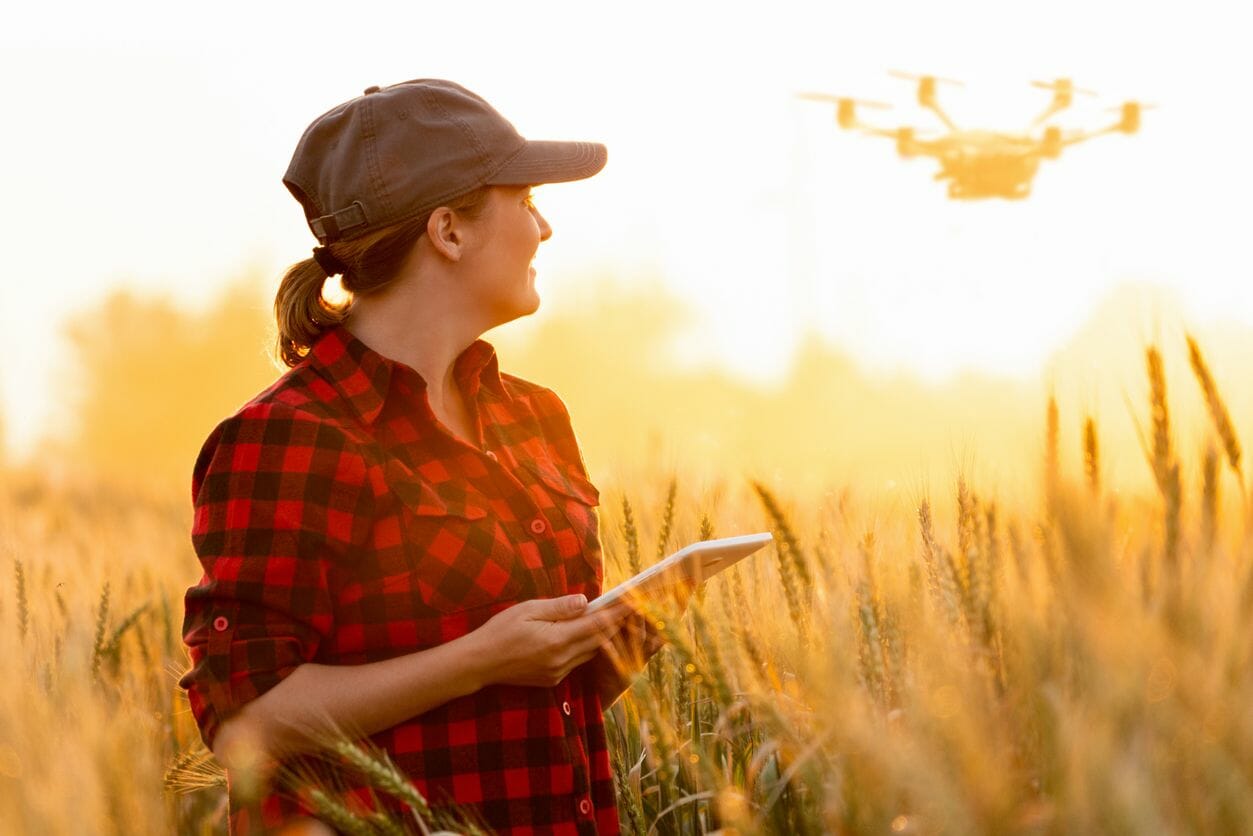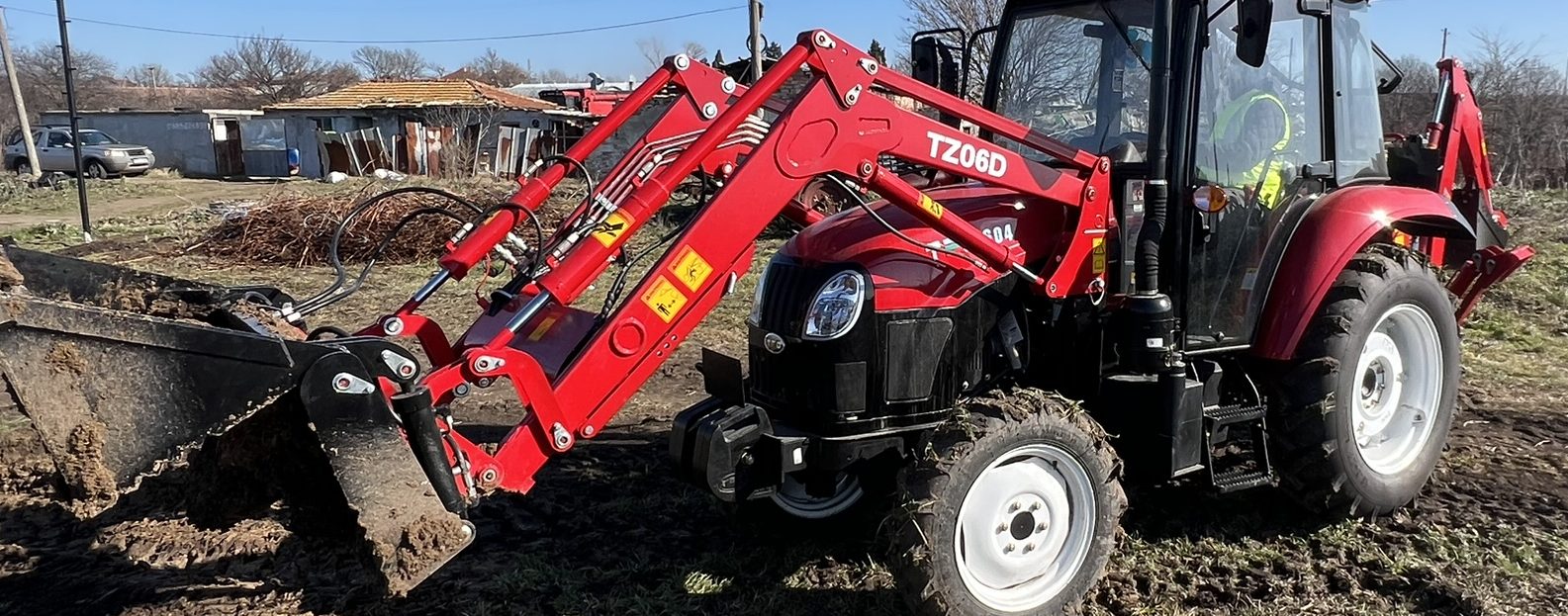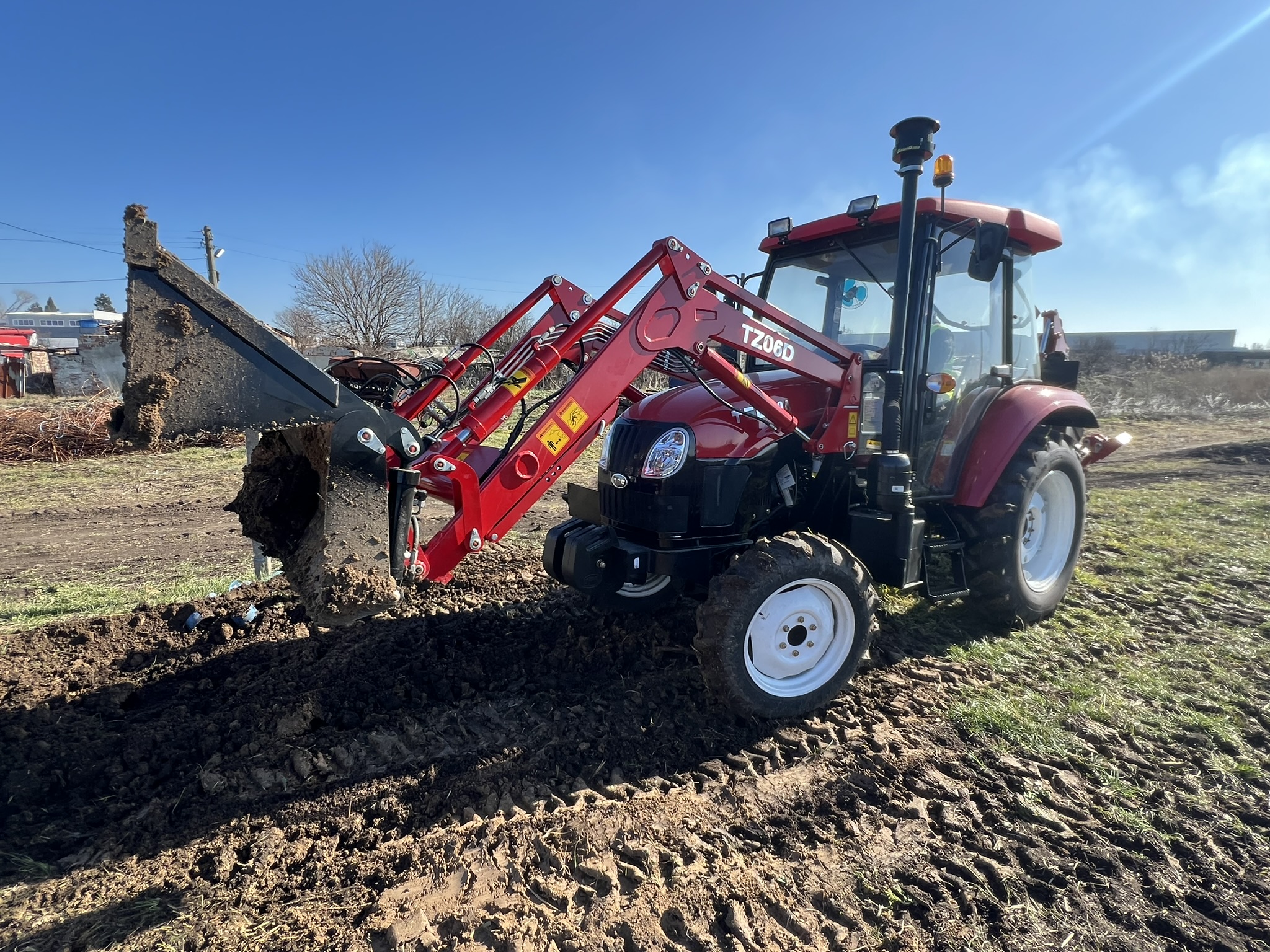
Artificial intelligence (AI) is poised to improve things like agronomic recommendations and input application accuracy, but it’s not likely to replace the actual agronomists, says the 2024 CropLife/Purdue Precision Survey.
The two groups have conducted the survey roughly every other year since 1996 in order to study the trends in adoption of precision farming tech such as yield monitors and mapping, precision soil sampling, satellite imagery, and variable rate application.
The 2024 survey also focuses heavily on automation, drones and artificial intelligence, noting that “understanding their use and value can seem more complicated than our more familiar precision practices.”
The survey polled 108 agricultural retailer input suppliers in the US. At a high level, many of these dealers now offer or plan to offer robotics for various tasks, input application via drones, and AI-powered technologies.
AI: the ‘next thing’ to move precision ag forward?
Right now, just 11% of dealers surveyed said they offer AI that identifies weeds for spraying, but a quarter plans to offer such a service three years out.
From John Deere to Greeneye Technologies, startups and major agribusinesses alike have increased the number of AI-powered spot spraying technologies, which can identify weeds and help reduce the amount of chemicals applied to a field.
Nearly half of dealers surveyed also believe AI will mean better agronomic recommendations.
According to CropLife:
“It seems we have been at an impasse on agronomic recommendations for many years. With fertilizers, we are following recommendations that in some cases have been around for decades. Many new methods have not had the impact we thought they might — such as greenness / chlorophyll sensors, or electrical conductivity measurements (EC). And we are not even close at making full use of yield maps or field imagery, in measuring field variability then acting upon it. We need that ‘next thing’ that will move us forward.”
However, the majority of dealers don’t think AI will replace the need for agronomic expertise. Nor will it reduce operational costs such as labor, say many.
Precision farming still not profitable
Dealers are not making a profit on most of their precision products and services, notes the survey, although they are breaking even on many of them. That includes precision soil sampling (64%), precision fertilizer applications (72%), and variable rate technologies for liming and pesticides.
When it comes to satellites and/or aerial imagery as well as drones, many dealers reported losing money.
“Precision nutrient sampling and precision fertilizer applications have been profitable for dealers for over a decade, while imagery offerings and yield monitor analysis have not been profitable,” notes the survey.
Automation increases accuracy but won’t impact labor costs
One of the big promises of automation technologies is a reduction in labor costs for farm operations. But less than a third of dealers surveyed by CropLife/Purdue said it would “reduce their labor needs associated with crop inputs.”
“To some this may be a surprise, as labor saving is often viewed as the most obvious result of automation,” notes the survey.
At the same time, most dealers think that automation and robotics will increase accuracy of crop input applications as well as reduce mistakes.

